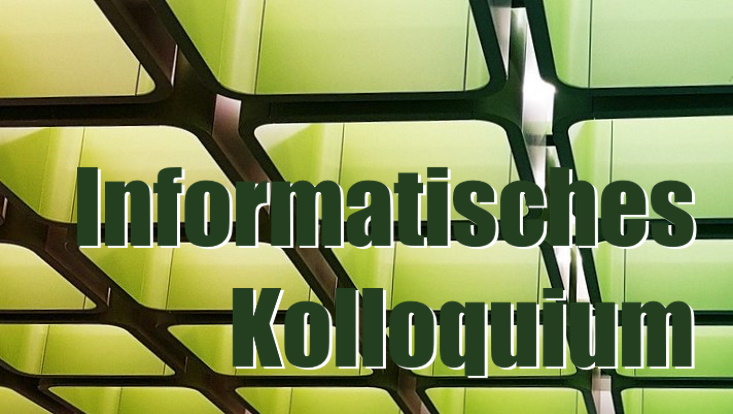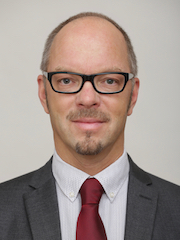Online-Vortrag von Prof. Dr. Roman SchnabelOne-sided Device-Independent Quantum Key Distribution for High-speed Local-Area Networks
8. Juni 2020

Foto: UHH/FBI
Im Rahmen des Informatischen Kolloquiums begrüßt der Fachbereich Informatik am Montag, 08.06.2020, um 17:15 Uhr Herrn Prof. Dr. Roman Schnabel (Universität Hamburg). Das Kolloquium wird online mit Zoom abgehalten.
Speaker
Prof. Dr. Roman Schnabel
Universität Hamburg
Institut für Laserphysik
When: Mo, 08.06.2020, at 17:00 c.t.
Meeting ID: 937 3517 4299
Password: 873035
Topic
One-sided Device-Independent Quantum Key Distribution for High-speed Local-Area Networks
Language: English
Abstract
There are at least two socially useful quantum-cryptographic protocols that can only be realized by Einstein-Podolsky-Rosen (EPR) entangled light. Firstly, ‘one-sided device-independent quantum key distribution (QKD)’ with full security against arbitrary attacks on the channel as well on the devices at the receiver site. Secondly, ‘oblivious transfer (OT)’, which is a fundamental building-block that provides security even against malicious parties.
EPR entanglement is of higher quality than generic entanglement because EPR entanglement is the unique resource that allows the prediction of measurement outcomes of any of two non-commuting quantities with an imprecision smaller than the ground state uncertainty. The effect is also known as the EPR paradox. Both protocols were worked out in collaboration with theory groups (Reinhard Werner / Hannover und Stephanie Wehner / Delft.) The proof-of-principle experiments were done in my group. Decoherence on the entangled light limits the protocols to distances of a few kilometres if the light is distributed via commercial glass fibres. There are, however, highly relevant application examples that require just short distances, such as the communication security of government districts and industrial premises.
Contact
Prof. Dr. Mathias Fischer


